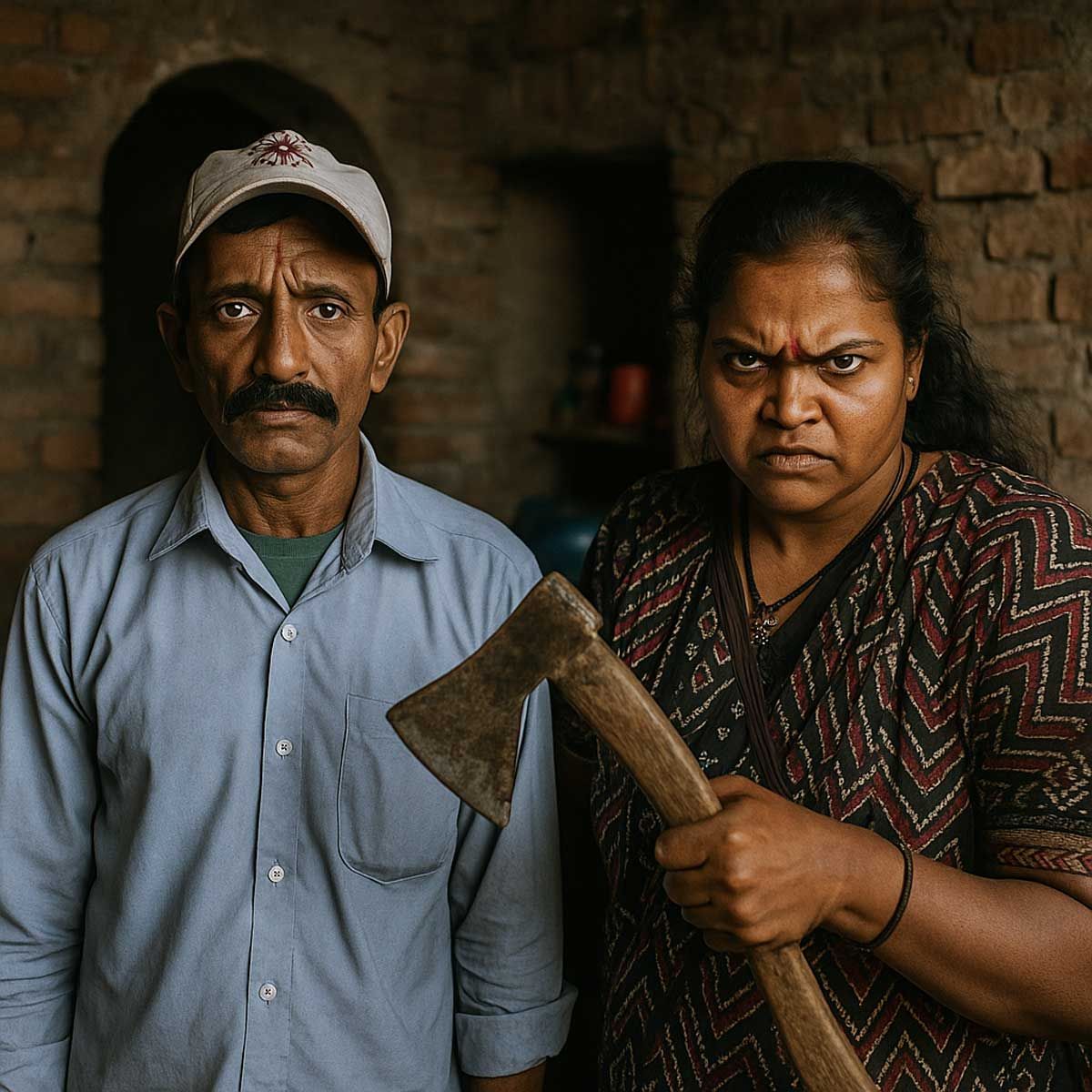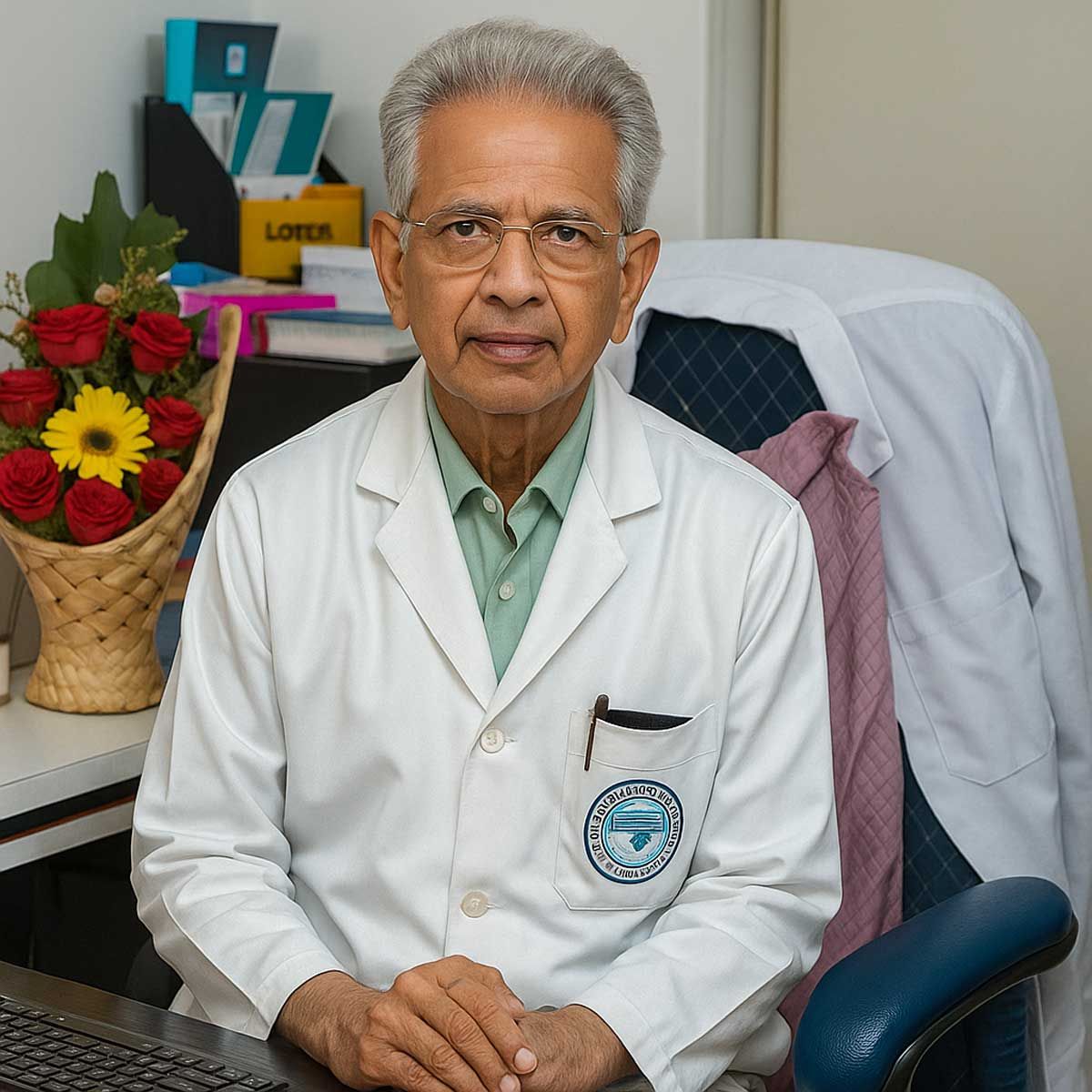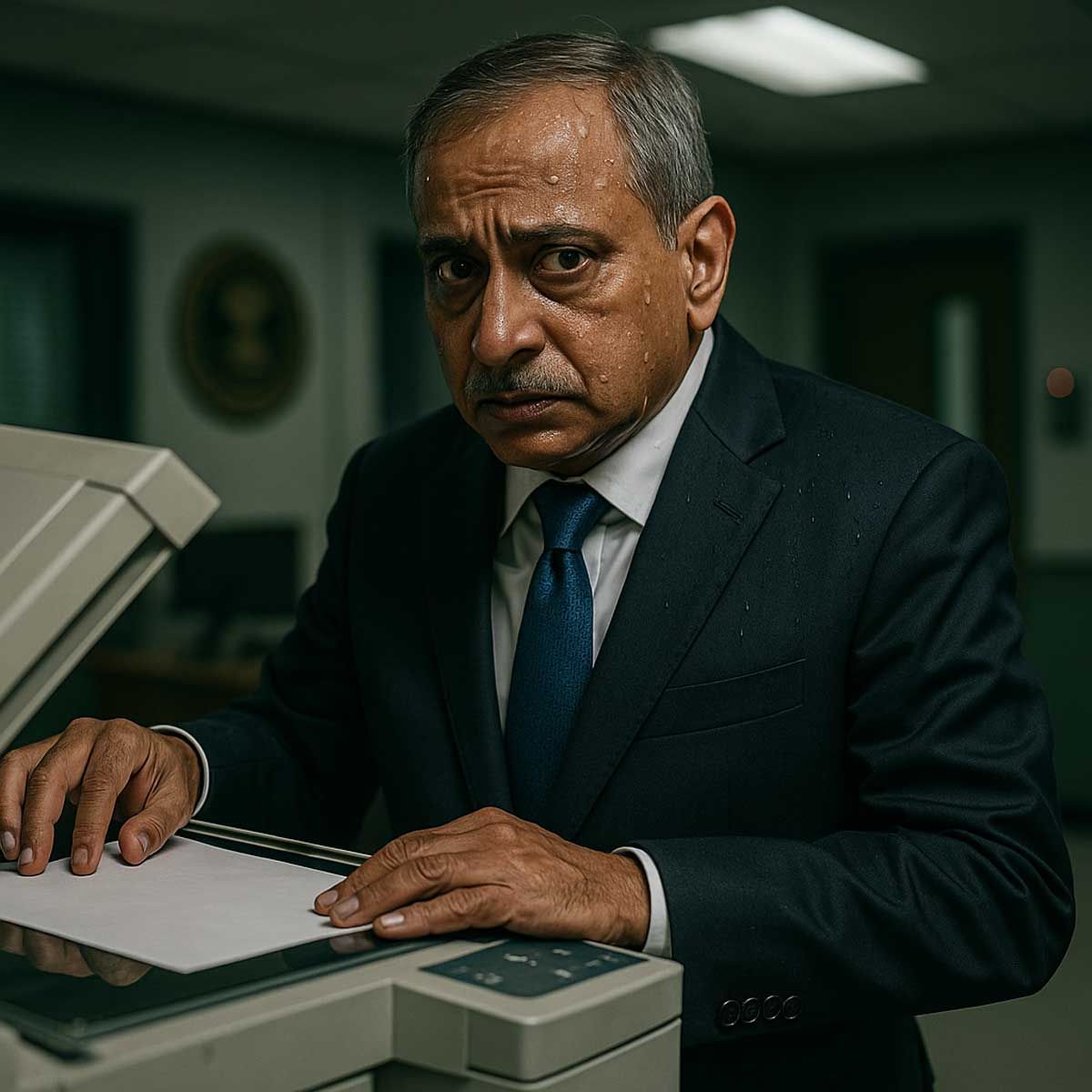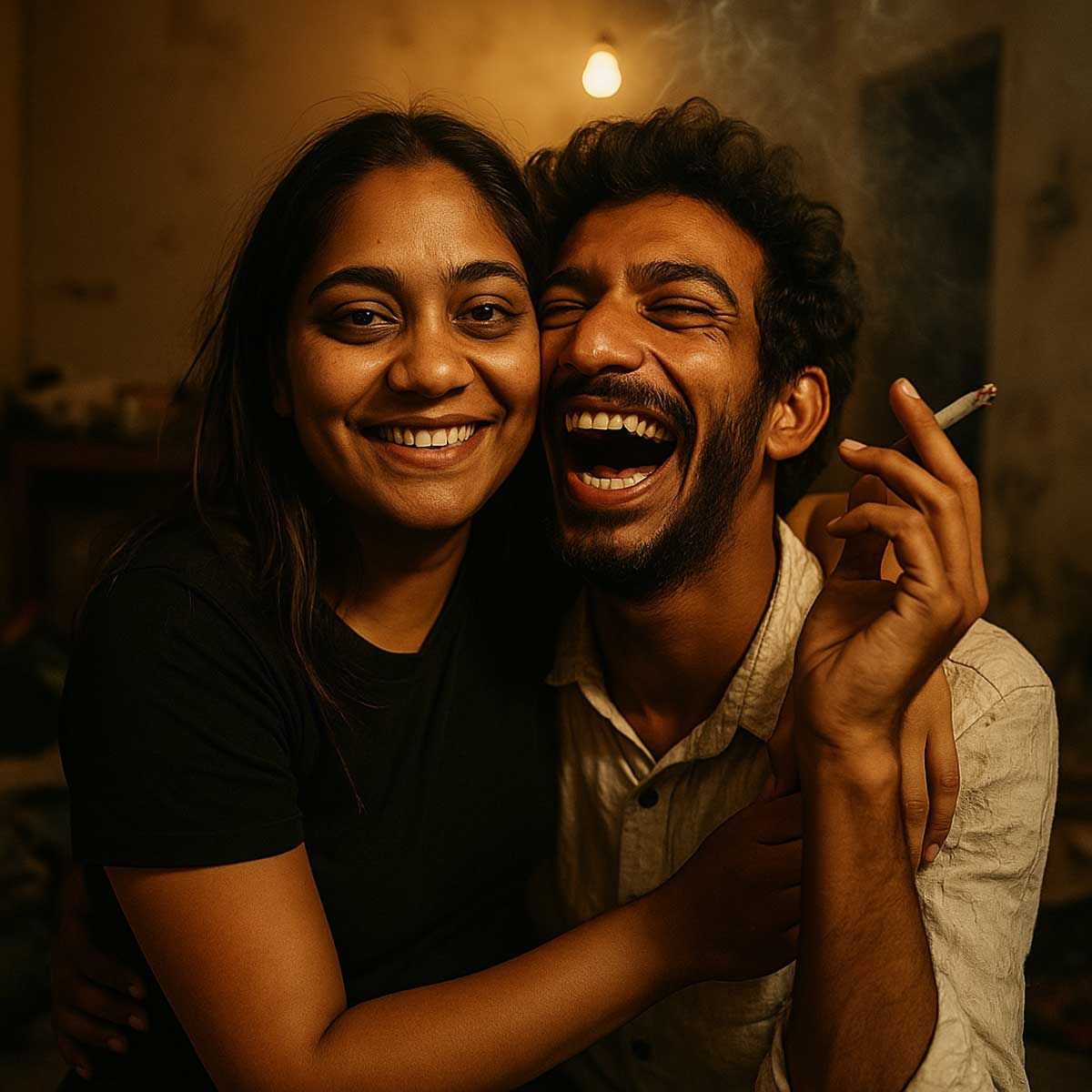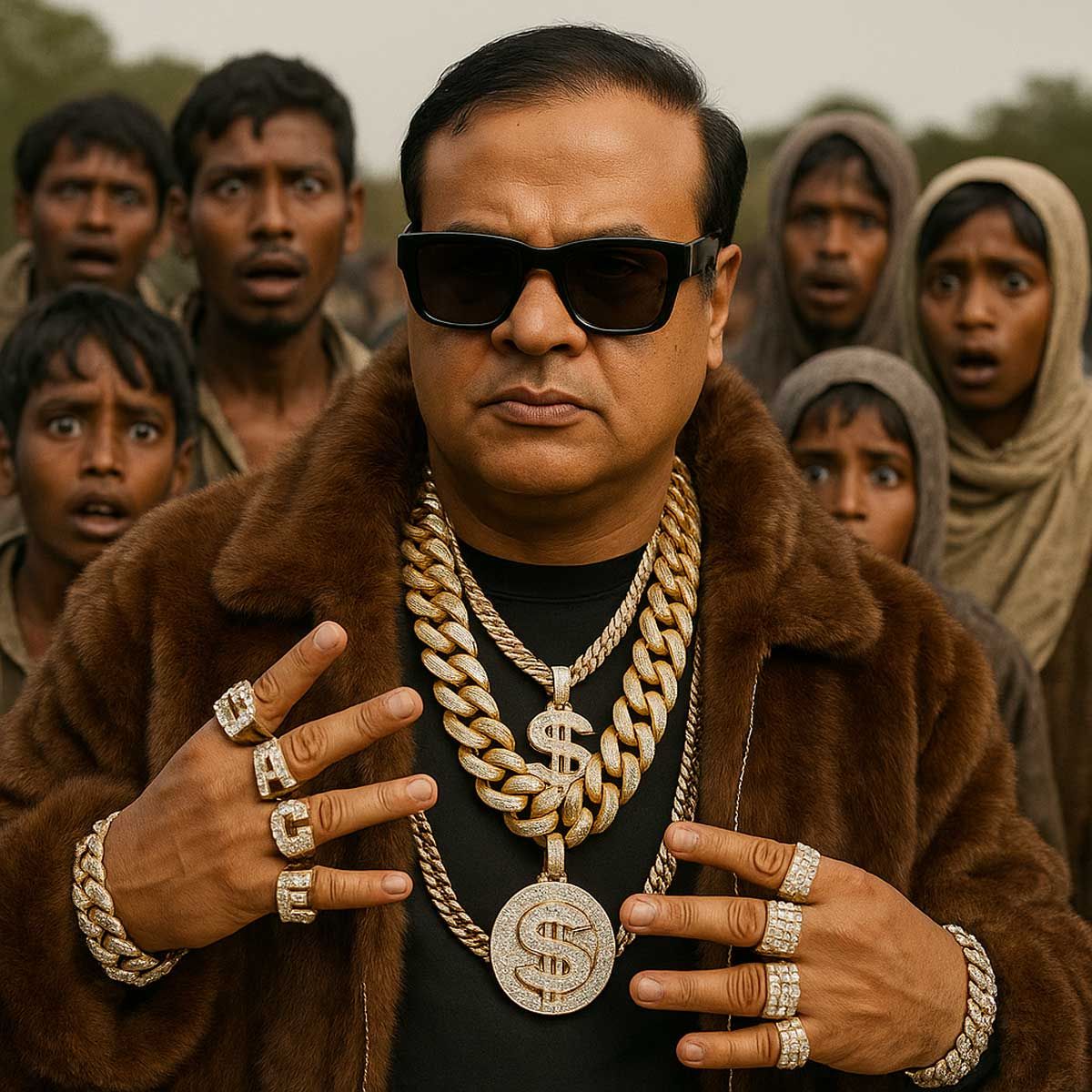More Coverage
Twitter Coverage
Satyaagrah
Written on
Satyaagrah
Written on
Satyaagrah
Written on
Satyaagrah
Written on
Satyaagrah
Written on
JOIN SATYAAGRAH SOCIAL MEDIA
Amidst brewing tensions, Supreme Court scrutinizes Tamil Nadu's 'Sanatan Dharma Eradication' event and Udhayanidhi Stalin's controversial remarks, allegations of systemic bias against Sanatan Dharma rise, sparking nationwide debates on religious respect
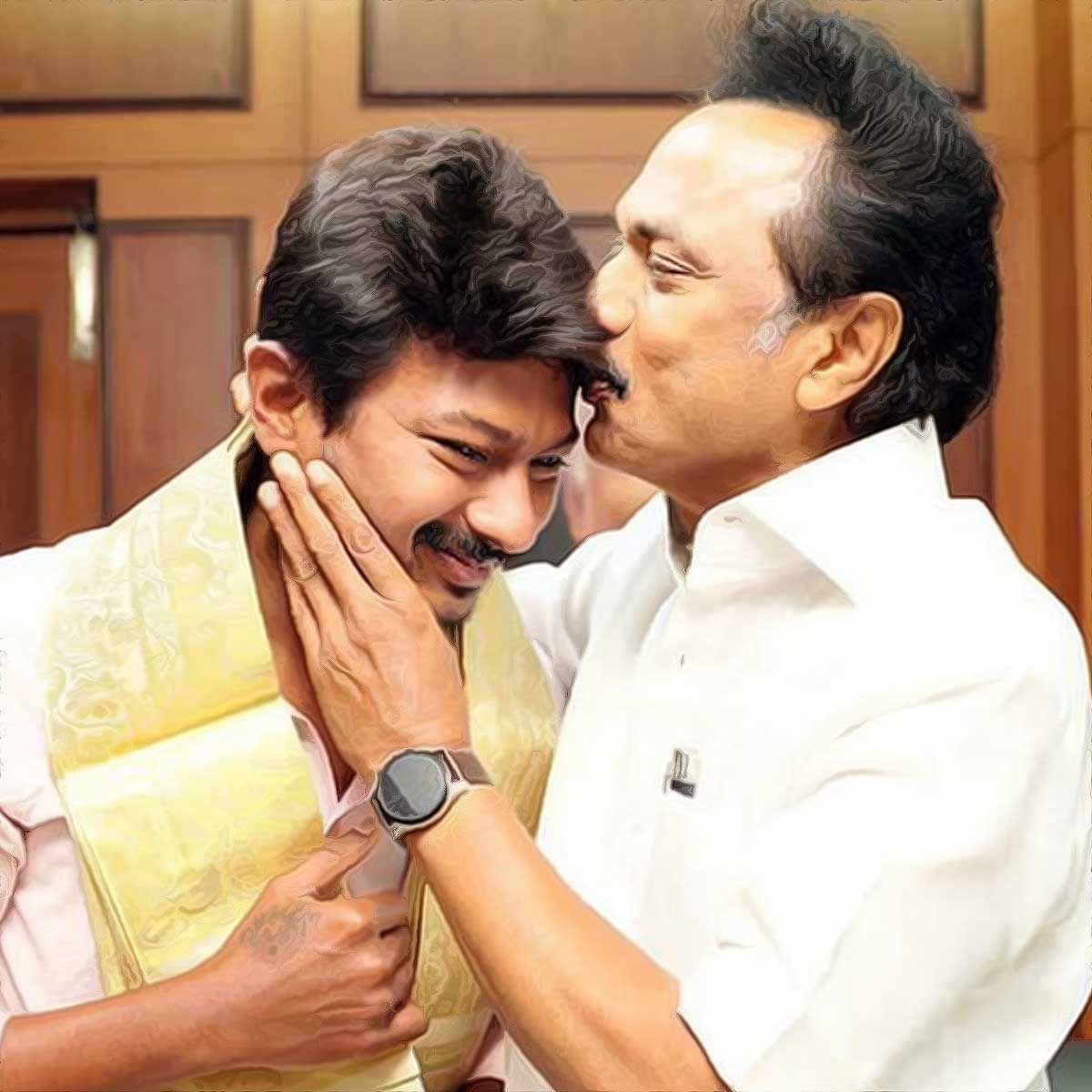
In what appears to be a significant legal escalation, the Supreme Court of India has taken cognizance of the controversial statements made at a conference in Tamil Nadu. The apex court issued a notice to the state's DMK government and notably to Udhayanidhi Stalin, the son of Tamil Nadu's Chief Minister.
|
The crux of this legal action stems from a plea initiated by an advocate affiliated with the Madras High Court. The plea demands a thorough investigation by the Central Bureau of Investigation (CBI) into the proceedings of a contentious meeting titled the ‘Sanatan Dharma Eradication Conference’ which was held on September 2. Furthermore, the petitioner has also sought the filing of an FIR against the Tamil Nadu government for this matter.
The conference has drawn significant attention, not least due to the words of DMK Minister, Udhayanidhi Stalin. In his address to the attendees, he remarked, “The title of this conference has been excellently coined. You’ve named it as ‘Abolish Sanatanam Conference’ and not ‘Oppose Sanatanam Conference’, so my best wishes to that.” Such comments are now under scrutiny, reflecting broader tensions and debates around religious freedom and political discourse in the country.
DMK Minister Udhayanidhi Stalin's Remarks Stir Nationwide Debate
In a speech that has since sparked nationwide controversy, DMK Minister Udhayanidhi Stalin drew parallels between diseases like dengue, malaria, and corona, and the Sanatan Dharma (Hinduism). He stated, “Mosquitoes, dengue, flu, malaria, corona – we should not oppose these things. They’ve to be eradicated completely. Same is the case with Santanam (Hinduism). Our first work should be to abolish/eradicate Sanatanam instead of opposing it. So, my appreciations to you all for giving an apt title to the meeting.”
The weight of his words is felt even more profoundly considering Udhayanidhi Stalin is not only a key DMK Minister but also the son of the present Chief Minister, MK Stalin. While the remarks have drawn sharp criticism from various quarters, Udhayanidhi has stood his ground. He has outright refused to apologize for his comments, which some see as likening Sanatana Dharma to a disease. Furthermore, he remains undeterred by potential legal ramifications, affirming his readiness to confront any legal challenges that might arise from his statements.
Reacting to the escalating situation, a formal petition was lodged with the Supreme Court by a legal representative associated with the Madras High Court. In the case named: B Jagannath v. The State of Tamil Nadu (W.P.(C) No. 001001 – /2023), Advocate B. Jagannath contends that the intent behind organizing the aforementioned conference was to undermine and seek the removal of a particular religion, specifically pointing to Hinduism. Given the gravity of the allegations and the nature of the statements made, this case promises to be closely watched in the coming days.
|
Supreme Court Intervenes in DMK Minister's Controversial Remarks, Adds to Mounting Tensions
The Supreme Court's recent involvement in DMK Minister Udhayanidhi Stalin's controversial remarks adds yet another layer to this intricate issue. When the case came up for hearing, a pivotal moment arose as Justices Aniruddha Bose and Bela M Trivedi addressed Advocate B. Jagannath. The bench sought clarity on why Jagannath bypassed the High Court in seeking the apex court's immediate attention. The retort from Jagannath's counsel was straightforward: this wasn't just about an individual expressing distaste for a particular religion. The weight of the situation was much greater, with implications pointing towards a Minister and possibly even state machinery aligning against a specific religious group.
The Justices expressed their concern about the Supreme Court being perceived as a mere "police station." However, given the petitioner's emphasis on the severity of the issue and mentioning other related pending hate speech matters, the court saw it fit to issue a formal notice on the subject.
Digging deeper into Jagannath's plea, it's evident the concerns run profound. Apart from seeking a restraining order against Udhayanidhi Stalin, other prominent figures, including Congress leader Peter Alphonse, DMK MP A Raja, and VCK MP Thol Thirumavalavan, along with their supporters, are also implicated. The plea calls for them to refrain from expressing further derogatory comments against Sanatan Dharma or Hinduism.
Furthermore, the petition underscores a fundamental constitutional concern. It contends that the participation of state ministers in the 'Sanatan Dharma Eradication' conference from September 2, 2023, flies in the face of India's foundational principles. Specifically, it alleges that their involvement is in direct violation of Articles 25 and 26 of the Constitution, which safeguard an individual's right to freedom of religion.
This unfolding situation, characterized by intense scrutiny and rapidly escalating tensions, serves as a poignant reminder of the delicate balance between freedom of speech and respect for religious sentiments in a diverse nation like India.
|
Tamil Nadu’s Educational Institutions Draw Focus as Supreme Court's Oversight Intensifies
The situation in Tamil Nadu has further intensified, with an explicit focus now on the state's educational infrastructure. The plea, already commanding attention for its allegations of state-level participation in a controversial conference, has now expanded its purview to include educational institutions. The petitioner has called upon the Supreme Court to lay down directives ensuring that secondary schools under the Tamil Nadu State Government Higher Education Department abstain from hosting events or conferences against any form of Hindu Dharma. This appeal notably draws parallels with the Supreme Court's earlier judgment in the Karnataka Hijab case, emphasizing the neutral stance educational institutions should maintain concerning religious matters.
Adding another dimension to the multifaceted plea, it appeals to the court for clearer oversight concerning law enforcement's role. The petitioner is pressing the apex court to instruct the Tamil Nadu Director General of Police to provide a comprehensive report. The focus? To discern how the contentious 'Sanatan Dharma Eradication' conference managed to secure police permission and to ascertain why no subsequent action has been initiated against the conference organizers or the organizations responsible for it.
In an effort to ensure more rigorous oversight and possibly to prevent similar future occurrences, the plea also advocates for the appointment of a nodal officer. The officer's primary responsibility would be to address hate speech issues. This appeal aligns with the Supreme Court's judgment from 2018, emphasizing the importance of having specialized personnel to handle such sensitive matters.
The situation in Tamil Nadu is a telling reminder of the challenges democratic nations grapple with - striking the right balance between upholding freedom of speech and ensuring the protection of religious sentiments. As the Supreme Court continues to deliberate on this matter, the nation watches closely, awaiting a decision that could potentially set a precedent for future cases.
|
State Sanction or Oversights? Tamil Nadu's Controversial Conferences Under the Lens
The wave of concerns arising from Tamil Nadu's recent "Sanatan Dharma Eradication" conference has garnered an even sharper focus, with the petitioner challenging the very legality of such an event. One of the foremost concerns articulated pertains to the permissions associated with such conferences. Given the inflammatory nature of the conference's title, which seemingly signals an intent to eliminate a specific religion, eyebrows are being raised at the role of the Tamil Nadu Police Department. Was such a potentially divisive conference legitimately sanctioned by the state's law enforcement?
More disconcerting implications arise when considering the potentialities of political interference. If the Tamil Nadu Police Department did not grant permission for the conference, then why haven't the organizers been apprehended? Such inquiries point towards a possible nexus of power and influence, potentially allowing certain entities to operate above the law.
Yet, perhaps the most alarming assertion within the plea is the claim of a state-backed propaganda campaign against Sanatan Dharma. The petitioner alleges that the government is not just permitting, but actively promoting, a narrative that seeks to malign this religious tradition. What's more, these efforts appear to be particularly targeted, with young students being the primary audience for such potentially biased viewpoints.
In a nation that prides itself on its religious diversity and democratic ideals, such allegations, if proven true, could be deeply damaging. It calls into question the foundational principles of neutrality and secularism that underpin the Indian Constitution. As the Supreme Court begins its evaluations, the larger question looms: Are we safeguarding our nation's secular fabric, or is it gradually eroding? The court's findings will not just address the events in Tamil Nadu but will reverberate across the nation, underscoring the delicate dance between free speech and preserving religious harmony.
 Support Us
Support Us
Satyagraha was born from the heart of our land, with an undying aim to unveil the true essence of Bharat. It seeks to illuminate the hidden tales of our valiant freedom fighters and the rich chronicles that haven't yet sung their complete melody in the mainstream.
While platforms like NDTV and 'The Wire' effortlessly garner funds under the banner of safeguarding democracy, we at Satyagraha walk a different path. Our strength and resonance come from you. In this journey to weave a stronger Bharat, every little contribution amplifies our voice. Let's come together, contribute as you can, and champion the true spirit of our nation.
 |  |  |
| ICICI Bank of Satyaagrah | Razorpay Bank of Satyaagrah | PayPal Bank of Satyaagrah - For International Payments |
If all above doesn't work, then try the LINK below:
Please share the article on other platforms
DISCLAIMER: The author is solely responsible for the views expressed in this article. The author carries the responsibility for citing and/or licensing of images utilized within the text. The website also frequently uses non-commercial images for representational purposes only in line with the article. We are not responsible for the authenticity of such images. If some images have a copyright issue, we request the person/entity to contact us at This email address is being protected from spambots. You need JavaScript enabled to view it. and we will take the necessary actions to resolve the issue.
Related Articles
- "सत्ता संग्राम": Tamil Nadu’s DMK, led by fiery A. Raja and defiant Stalin, screams "Get Out Modi" as 2026 nears, clashing with BJP’s Annamalai over NEP and taxes, risking kids’ futures while 12 million cheer online and the Centre fights back with grit
- “If Nagaland people who eat dog meat have so much self-respect”: I.N.D.I. Ally DMK Leader makes racist comments against Nagaland people, reflecting a startling lapse in political humility, Tamil Nadu Guv hits back, Annamalai demands him to be arrested
- 75 illegal Bangladeshi nationals vanished from Tamil Nadu’s Trichy camp, exposing DMK’s severe security failure, as Annamalai blasted the govt for misusing police to target critics while illegal migrants thrive in hubs like Tiruppur, Nallur and Coimbatore
- "Human rights go for a toss in DMK rule": Continuing lockup deaths are rocking Tamil Nadu as Stalin Govt looks the other way, 8 people died in police custody since DMK took over and UN Human Rights is busy condemning India for arrest of Teesta Setalvad
- BJP TN Chief Annamalai criticizes DMK for the release of 36 Islamists from the 1998 Coimbatore blasts, even hashtag #CoimbatoreWillNotForgive trends, while DMK & AIADMK jostle over minority appeasement, igniting fierce debates across Tamil Nadu
- "Hatred is the coward's revenge for being intimidated": Descendants Of Vijayanagara Empire who reconstructed Chidambaram Natarajar Temple condemn TN Govt, “Give up politics of hatred against Deekshitars who are hereditary owners of the temple"
- "चल उड़ जा रे पंछी": 81-year-old astrologer and his brother arrested in Tamil Nadu for predicting PMK victory; faced with a ₹10,000 penalty and all their parakeets freed, the astrologers confront the loss of their sole livelihood in this political saga
- "To silence one is to fear their words": In a contentious move, Tamil Nadu's DMK grants permission to prosecute BJP leader Annamalai and YouTuber Nagarajan for purported hate speech against Christian missionaries, triggering a political storm
- "Do we have Supreme Court": I.N.D.I Alliance leader A Raja goes on anti-Hindu rant, "India is not a nation. I am an enemy of Ram. One Kuravar brother, one Hunter brother, one monkey brother, another monkey 6th brother, then your Jai Sri Ram. Chi! Idiots"
- "Erase a word, influence a generation": Amid political tumult, Tamil Nadu's DMK sparks debate with intent to remove Sanathana Dharma from textbooks, showcasing the party's long history of leveraging education to spread its Dravidian ideology
- "आबरू": A 19-year-old Anna University student raped by repeat offender Gnanasekaran, who filmed, blackmailed, and attacked her; despite 400+ CCTVs, lapses exposed weak campus security, sparking protests, and opposition blaming DMK’s law failures
- "Fraud and falsehood only dread examination. Truth invites it": DMK Minister Senthil Balaji rolls around & cries uncontrollably of chest pain when taken into custody on corruption charges by ED, he is 2nd most powerful man & money bank of the ruling party
- "Control your own destiny or someone else will": In a shocking incident, a Dikshitar of the revered Chidambaram Temple in Tamil Nadu assaulted by female police officer, HR&CE officials climb atop Kanagasabai medai while trying to take over mandir forcibly
- "आक्रोश": Madurai erupts as thousands of Hindus unite to defend the sacred Thiruparankundram Murugan Temple from Islamist encroachment, reinforced by the 1931 Privy Council ruling affirming the temple's ownership, leading to massive protests
- Ruling DMK party in Tamil Nadu courted controversy as official spokesperson Rajiv Gandhi calls for genocide of Tamil Brahmins, wants to adopt Dravidian icon Periyar’s killing model















